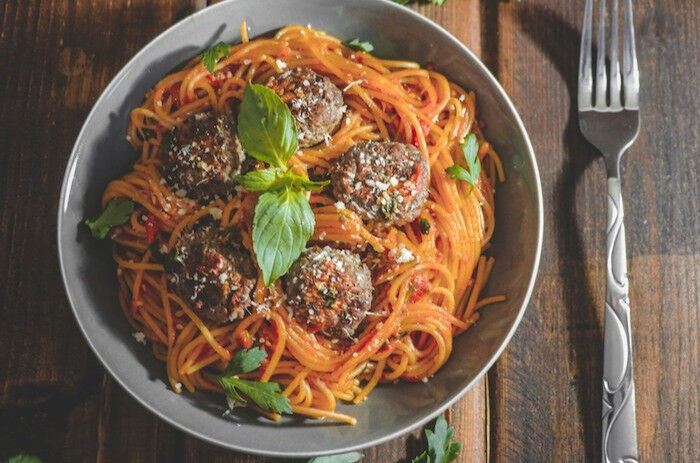Italo-American Dishes (That Are Unknown in Italy) Vs Authentic Italian dishes

While many people around the world associate dishes like Chicken Parmesan and Spaghetti with Meatballs with Italian cuisine, these Italo-American dishes have taken on a life of their own in the United States, distinct from the authentic Italian dishes enjoyed in Italy. Italian-American cuisine was developed by immigrants who adapted Italian traditions to the ingredients and tastes they found in America, resulting in unique creations that Italians often don’t recognize as their own. Below, we explore some of these beloved Italo-American dishes and their closest real Italian dish counterparts.
1. Chicken Parmesan
Chicken Parmesan is a hallmark of Italian-American cuisine. This dish features breaded and fried chicken cutlets topped with tomato sauce and melted mozzarella or parmesan cheese, often served over pasta. While it’s hugely popular in the U.S., Chicken Parmesan is virtually unknown in Italy.
Closest Italian Equivalent: Parmigiana di Melanzane
In Italy, the more traditional version of this dish would be Parmigiana di Melanzane, made with layers of fried eggplant, tomato sauce, and parmesan cheese—no chicken involved! Another possible equivalent is Pollo alla Cacciatora, which involves braised chicken cooked with wine, tomatoes, and herbs but without the breading or cheese typical of Italo-American Chicken Parmesan.
2. Spaghetti and Meatballs
One of the most famous Italo-American dishes, Spaghetti with Meatballs, is a comforting dish that pairs large, savory meatballs with a rich tomato sauce over spaghetti. While beloved in the U.S., the combination of spaghetti and meatballs is rarely found in Italy.
Closest Italian Equivalent: Polpette al Sugo
In Italy, meatballs (polpette) are typically smaller and served as a standalone dish or sometimes with a light tomato sauce but almost never with spaghetti. Italians often serve spaghetti with simpler sauces like aglio e olio or pomodoro.
3. Fettuccine Alfredo
Fettuccine Alfredo is synonymous with rich, creamy indulgence in America, often made with heavy cream, butter, and parmesan. However, in Italy, this dish, as it’s known in the U.S., is nearly non-existent.
Closest Italian Equivalent: Pasta al Burro
In Italy, a similar but simpler dish would be Pasta al Burro, where fettuccine is tossed with butter and parmesan. The American version’s addition of heavy cream is purely a Italo-American creation.
4. Chicken Alfredo
Similar to Fettuccine Alfredo, Chicken Alfredo is an Italo-American invention that pairs the creamy fettuccine sauce with grilled or fried chicken. Italians do not typically combine cream-based sauces with chicken in their pasta dishes.
Closest Italian Equivalent: Pollo al Limone
Instead of pasta dishes like Chicken Alfredo, an Italian equivalent would be Pollo al Limone, where chicken is cooked with lemon and herbs, often served as a second course after a pasta dish. Cream sauces are typically reserved for other types of dishes in Italy, not chicken.
5. Baked Ziti
Baked Ziti is a comforting, baked pasta dish made with ziti noodles, tomato sauce, ground beef, and lots of cheese. This is a Italo-American classic often enjoyed at large gatherings, but in Italy, it’s not a common preparation.
Closest Italian Equivalent: Pasta al Forno
The closest Italian equivalent would be Pasta al Forno, which is baked pasta but typically made with penne or rigatoni and incorporates more nuanced ingredients, like mozzarella, bechamel, or hard-boiled eggs.
Why Italo-American Dishes Are Different
The history of Italo-American food traces back to the late 19th and early 20th centuries, when Italian immigrants arrived in the U.S. and found themselves adapting their recipes based on the ingredients available. In Italy, many dishes are regional and seasonally driven, relying on fresh, local produce and traditional methods. However, in America, Italian immigrants often modified recipes to suit the American palate or to use ingredients that were more readily available, which gave birth to what we now call Italian-American cuisine.
Learn the Art of Authentic Italian Cooking at Mama Florence
If you’re curious about the differences between Italo-American dishes and real Italian dishes, why not learn firsthand? At Mama Florence, our cooking classes will guide you through the authentic methods of making classic Italian dishes. You’ll discover what makes Italian food so special, from using the right ingredients to mastering traditional techniques. Whether you're looking to refine your skills or start from scratch, our classes offer a hands-on experience in authentic Italian cooking that you can take back to your kitchen.
Final Thoughts
While Italo-American cuisine has certainly earned its place in the culinary world, there’s nothing quite like learning how to make authentic Italian dishes with fresh ingredients and time-honored methods. Whether you’re indulging in classic Italian meals or trying your hand at perfecting these recipes at home, understanding the differences between the two styles adds another layer of appreciation for Italian food.
